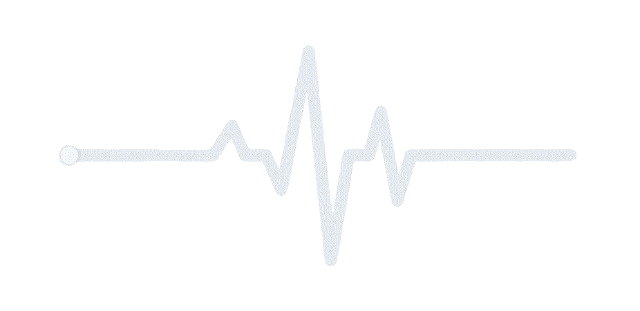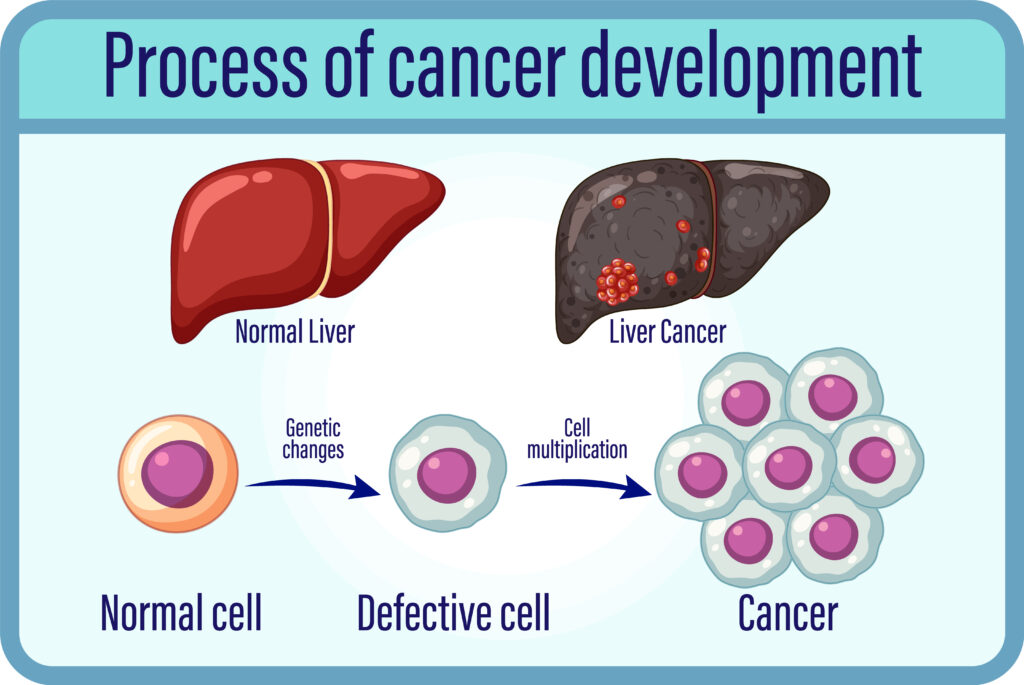What warning signs of liver cancer should you never ignore

Your liver is a silent hero—working tirelessly behind the scenes to detoxify your body, produce essential proteins, and regulate digestion.
But the warning signs are often subtle yet crucial when it begins to fail. Knowing how to recognize, the early signs of liver failure can be life-saving.
7 signs your liver is dying—or in trouble
Here are seven key signs your liver is struggling:
1- Chronic fatigue & weakness: Unrelenting tiredness—even after rest—could indicate that your liver isn’t filtering toxins efficiently. This persistent fatigue and malaise often rank among the first signs of a bad liver.
2- Jaundice: Yellowing skin or eyes: A classic hepatic warning sign—yellowing of the skin or the whites of the eyes—occurs when bilirubin accumulates due to impaired liver function.
3- Dark urine or pale stools: These changes happen when bile isn’t properly processed or excreted. Dark urine and clay-colored stools are liver damage symptoms you should never ignore.
4- Abdominal pain & swelling (Ascites): Discomfort or fullness in your upper right abdomen can indicate inflammation, liver enlargement, or fluid retention (ascites)—typically seen in more advanced cases.
5- Easy bruising & bleeding: The liver makes essential clotting proteins. When it’s compromised, even minor bumps can cause significant bruising or bleeding—crucial liver damage symptoms to look for.
6- Persistent itchy skin, especially on palms & soles: Known as pruritus, this symptom can signal bile salt buildup under the skin due to impaired liver function. It often appears in the palms or feet and worsens at night.
7- Spider veins & red palms (Palmar Erythema): Small red, spider-like blood vessels and reddened palms are indicators of chronic liver stress, which is often seen in cirrhosis.

Early signs of liver failure you shouldn’t overlook
While many of the signs above may represent ongoing damage, some early signs of liver failure—such as mental confusion or cognitive changes—demand immediate attention.
When the liver can no longer clear toxins like ammonia, these toxic substances can impair brain function, leading to hepatic encephalopathy. Symptoms include memory lapses, mood shifts, and disorientation.
In cases of acute liver failure, symptoms can escalate rapidly, days rather than weeks. Rapid-onset jaundice, severe weakness, and confusion progressing to coma or encephalopathy may occur and are medical emergencies.
How to know your liver is healthy?
Wondering how to know your liver is healthy? Here are some positive signs:
- No unexplained fatigue, itching, or digestive issues
- Normal urine and stool colors
- Stable weight, clear skin, and no abdominal swelling
- Clean blood test results (e.g., liver enzyme levels, bilirubin)
Regular check-ups are valuable even without symptoms, particularly if you have risk factors such as diabetes, obesity, or a history of alcohol use.
Why hands & skin tell a story?
Recent findings highlight five visible indicators—red palms, spider angiomas, clubbing of fingers or toes, jaundice, and edema in the hands or feet—that can be early signs of liver dysfunction.
These changes may signal severe underlying issues and warrant timely evaluation. Even persistent itching without a rash, especially on the hands and feet, may hint at dangerous liver conditions.
Plus, healthcare experts warn that younger adults (ages 25–35) are increasingly presenting with early liver failure symptoms—such as fatigue, bloating, and yellowing—driven by alcohol misuse and fatty liver disease. Awareness is critical in this age group.
When to speak with a specialist?
Because many symptoms are vague and overlap with other conditions, consulting a liver specialist—like the team at King’s Liver Transplant Centre of Excellence —is vital for early testing and diagnosis. Getting help early can slow the disease and lead to better results.
Overview
Take action: Don't ignore your body's alerts
If you experience any liver damage symptoms, such as persistent fatigue, jaundice, itching, or any of the other signs above, don’t wait. Schedule a liver health evaluation immediately with the Kings Transplant Center experts. Early detection could be the key to preserving your health—starting now.


